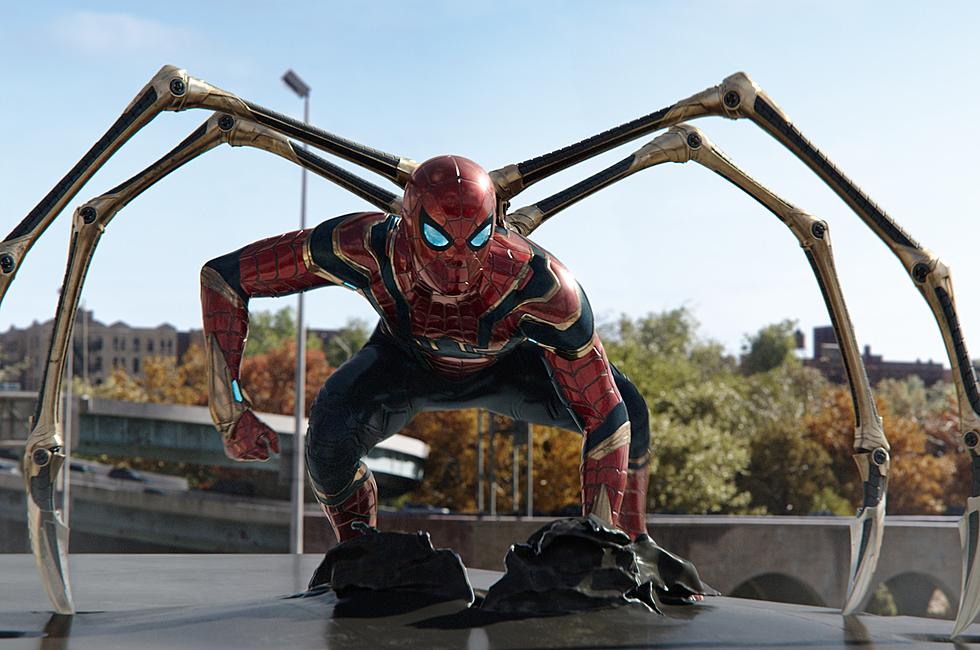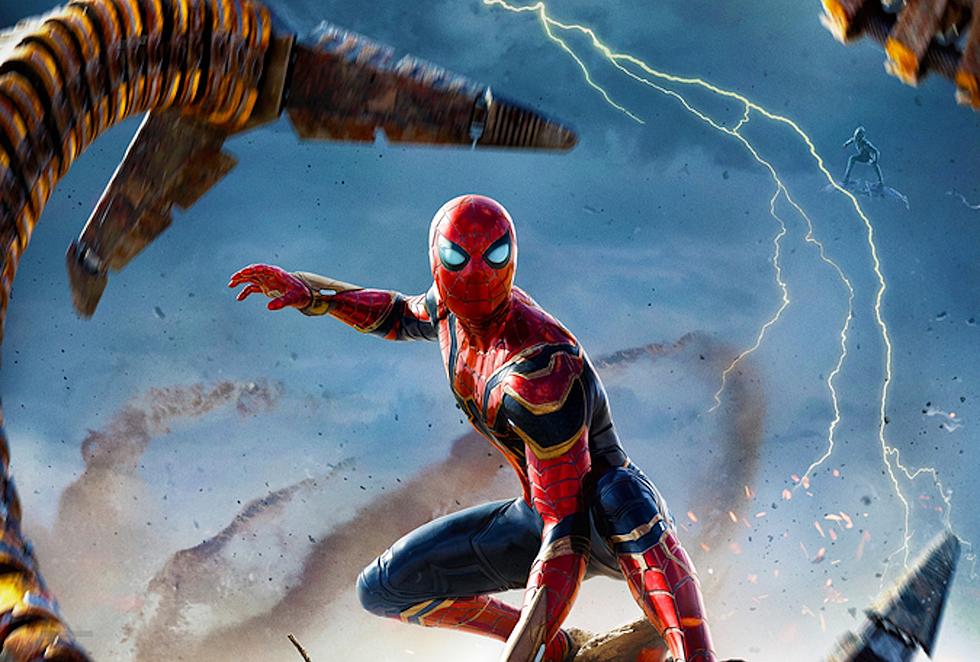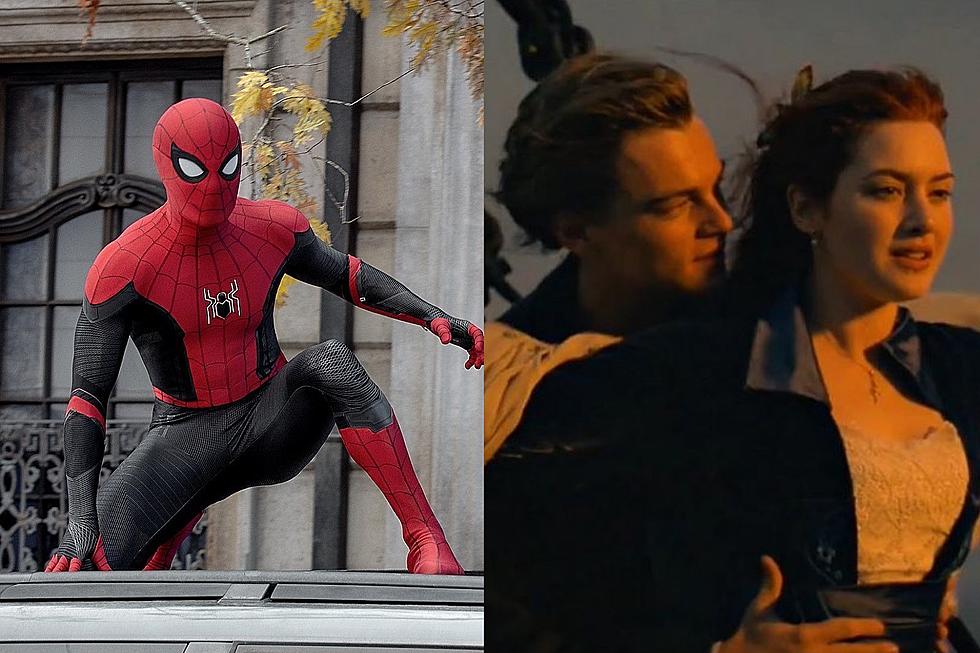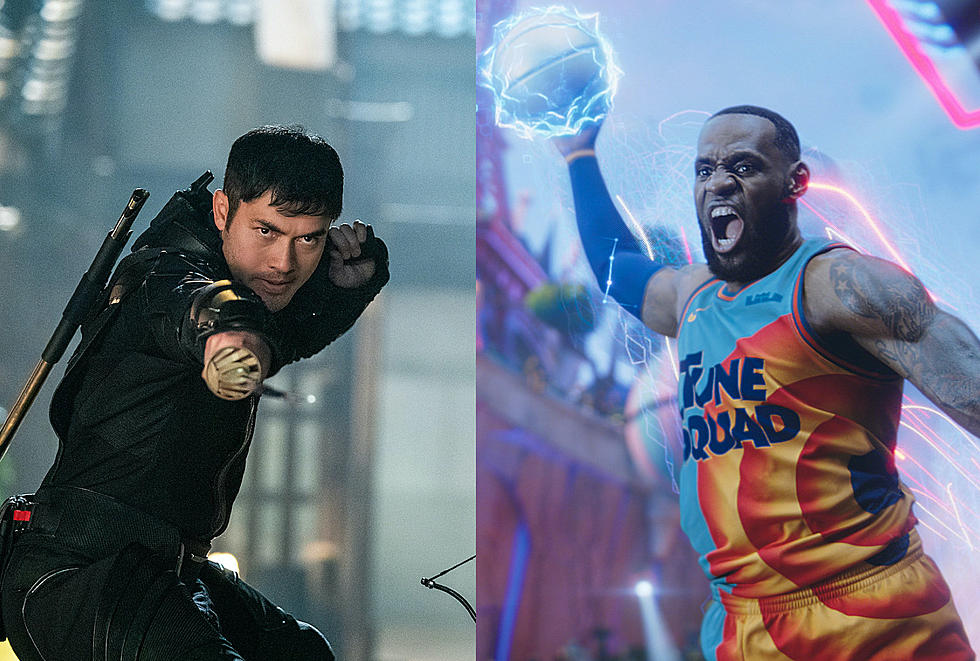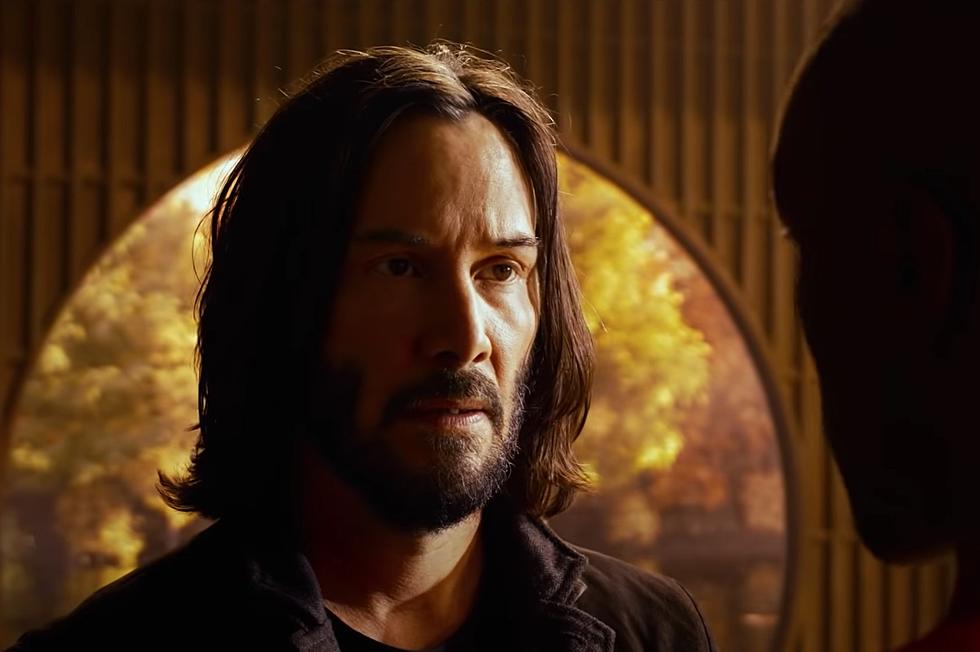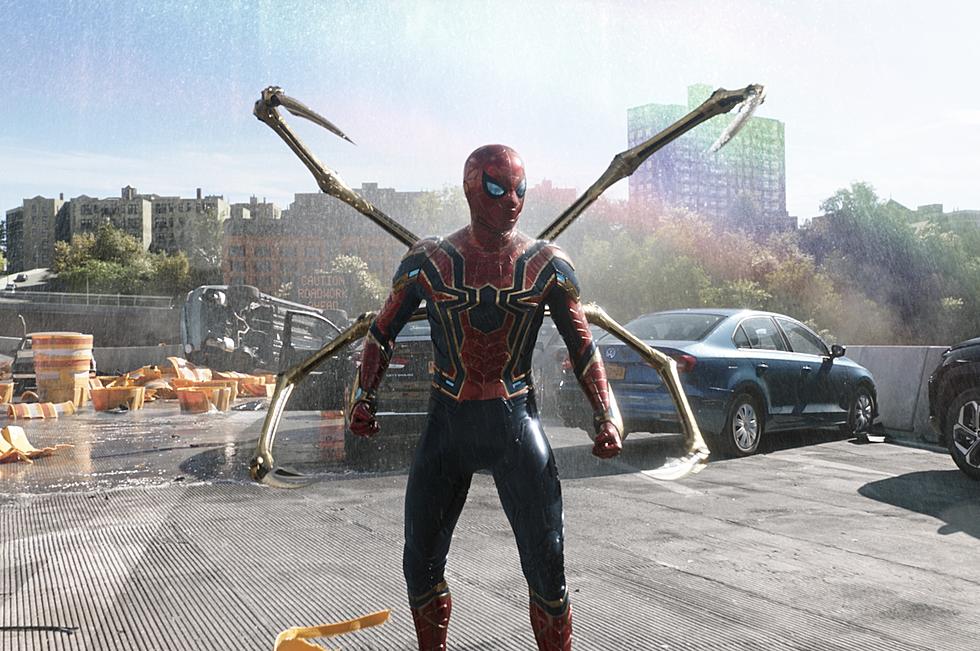
Trailers Used to Spoil Their Movies. Not Anymore.
Type the phrase “trailers reveal too much” into Google and you will get “about 14,000,000 results.” Which honestly feels a little low.
Many moviegoers love trailers — and hate them too, because they tend to spoil major plot points and twists. The late film critic Gene Siskel disliked trailers so much that he would wait in the lobby of the theater until they were over. If he was already seated when they began and he couldn’t leave his seat, he’d plug his ears and stare at the floor” according to Roger Ebert.
As recently as a few years ago, excessively detailed spoilers continued to garner complaints from fans, and even some mainstream news coverage. In February of 2013, The New York Times examined the process of making trailers and outlined how studio executives deliberately included important plot points and twists in trailers on purpose, spoilers be damned. The trailer for the 2012 disaster film The Impossible, for example, makes it clear that (spoiler alert for a nine year old movie) the family at film’s center survives their brush with a deadly tsunami, and reunites safely by the film’s finale.
That’s nothing compared to Cast Away, Robert Zemeckis’ 2000 film about a FedEx executive (Tom Hanks) who gets stranded alone on a deserted island. The film’s main trailer left zero ambiguity about Hanks’ fate, revealing that (spoilers for a 20-year-old movie) he survived his ordeal and returned back to the United States. The final shot of the trailer is literally the final shot of the film. Hyperbolic trailer critics sometimes accuse coming attractions of “showing the entire movie in two minutes.” In the case of Cast Away, they’re kind of right!
That was apparently by design. Robert Zemeckis (who has a habit of spoiler-y trailers) said in the past that according to his understanding of movie marketing, “people really want to know exactly every thing that they are going to see before they go see the movie.” He compared the spoiling of movies in trailers to eating at McDonald’s. “The reason McDonald’s is a tremendous success is that you don’t have any surprises,” he explained. “You know exactly what it is going to taste like. Everybody knows the menu.”
Common sense would suggest that if you were making a sequel to one of the most beloved comedies of all time with almost all of its surviving original cast, you would want to emphasize that fact when promoting the film. Instead, Ghostbusters: Afterlife hid those actors as much as humanly possible.
Spider-Man: No Way Home took the same approach with its promotional materials. The film’s first trailer — which didn’t even debut online until late August, long after most blockbusters of its size would have released at least one teaser — featured just one clear shot of any of its five main villains, to say nothing of any of the film’s other guest stars.
A similar air of mystery hangs around Spider-Man’s main competition in theaters this week, The Matrix Resurrections. Its trailers give zero indication how Neo and Trinity, who both died at the end of The Matrix Revolutions, are alive again and back inside The Matrix, or why Morpheus is suddenly decades younger than he should be and looks like Yahya Abdul-Mateen II. If you can accurately describe the plot of The Matrix Resurrections from this trailer, you might be a sentient artificial intelligence from a dystopian future.
While these are the most overt examples, things have been headed in this direction for a while. The trailers for F9 emphasized the return of a long-dead character — Han! — while explaining nothing about how a character who died onscreen (technically he died onscreen twice) could have survived a horrific car crash followed by an enormous explosion. Likewise, the trailers for No Time to Die played up the film’s impressive stunts while only alluding to the plot’s secrets in the vaguest of ways.
This trend looks like it will continue in 2022. The recently released Fantastic Beasts: The Secrets of Dumbledore does not indicate the secrets of Dumbledore (or why Grindelwald now looks like Mads Mikkelsen). The first trailer for Jurassic World: Dominion isn’t even a trailer; it’s a brief “prologue” featuring a bunch of dinosaurs millions of years ago. None of the movie’s returning stars from Jurassic Park like Sam Neill or Laura Dern appear.
So why the change? For one thing, the kinds of movies we’re talking about in 2021 are very different than the ones Zemeckis described in his movies-as-McDonald’s metaphor from the early 2000s. Films like The Impossible or Cast Away could potentially have very dark endings — the family dies in the tsunami, Tom Hanks never gets rescued from the island — that might dissuade moviegoers from buying a ticket to see them. The Times article from 2013 quotes the Summit marketing executive who promoted The Impossible with a spoiler-heavy trailer, explaining that “no one wants to see a movie about children in jeopardy.” Revealing the happy ending upfront reassured potential audiences that they wouldn’t be spending their $10 or $15 on something that would depress them.
That generally doesn’t seem like an issue with modern blockbusters. No one needs to be reassured that Ghostbusters: Afterlife doesn’t end with the deaths of the new Ghostbusters and the end of the world. Like pretty much every $100 million movie these days, its happy ending is all but guaranteed. Plus, there’s always the danger with a trailer of overpromising and underdelivering. In the case of Ghostbusters: Afterlife, the old Ghostbusters were minor characters. They don’t even appear outside of old footage and one brief phone call, until the climax. Showing too much of them in the trailers might have given customers the false notion that they were heavily involved in the plot. If you promise nothing, then deliver anything you’re already ahead of the audience’s expectations.
But it’s not just the movies that have changed since the days of Cast Away; it’s the culture around them as well. There’s way more emphasis on — and anxiety about — spoilers in 2021 than at any previous point in the history of movies. At the same time, social media has made it a lot easier to accidentally stumble across spoilers than it would have been even 10 years ago, when you would have had to actively seek out that kind of information. (Within hours of No Way Home premiering in theaters, the only way to avoid screengrabs of the film on Twitter was to stay the hell away from Twitter entirely.)
That combination — feverish anticipation and unlimited access to information — creates an environment where audiences desperately want to know the secrets and also understand that if they don’t go see something within the first couple days of release, the secrets will get ruined on social media. That in turn fuels the mad rush to a movie’s opening weekend like we just saw with No Way Home.
In 2013, I wrote an article for The Dissolve about the rise of “teaser culture” in cinema, and how in the age of Marvel what’s happening now is always less important than the endless teases of what’s coming next. In that essay, I credited the internet, even more than the movies themselves, with fueling teaser culture’s meteoric rise. I wrote:
Things get teased on television or in a movie, but the web is where those teasers come to life, as they get picked apart and dissected, sometimes shot by shot, like pop-culture Zapruder films. It’s sort of like the old thought experiment about the tree falling in the woods. The only reason it makes a noise is because people are there to blog about it. The Internet is both water cooler and crystal ball; it makes every viewer a critic and creator rolled into one.
When I look at these modern trailers, I see that studios recognized this pattern and have now begun to exploit it. They understand that the less their trailers explicitly say about what does happen in a movie, the more room they give to their teaser-culture-crazed audience to theorize what might happen in it. That space between rumor and reality fuels the cottage industry of blogs and websites (yes, like ScreenCrush) whose articles and videos then act like a second round of hype and promotion — one that costs the studios absolutely nothing.
Given audiences’ long-standing distaste for spoiler-heavy trailers — and the enormous success of movies like Spider-Man: No Way Home whose trailers took the opposite tact — I suspect we have only seen the tip of the iceberg of this trend. In a few years, vague and mysterious trailers may be as prevalent as ones with sad covers of pop songs. My question now is how vague and mysterious can they get before the audience revolts? How far can this go before there are about 14,000,000 results on Google for the phrase “trailers don’t tell you enough about the movie”?

The Most Absurd Golden Globes Nominations
More From US 103.1 FM


